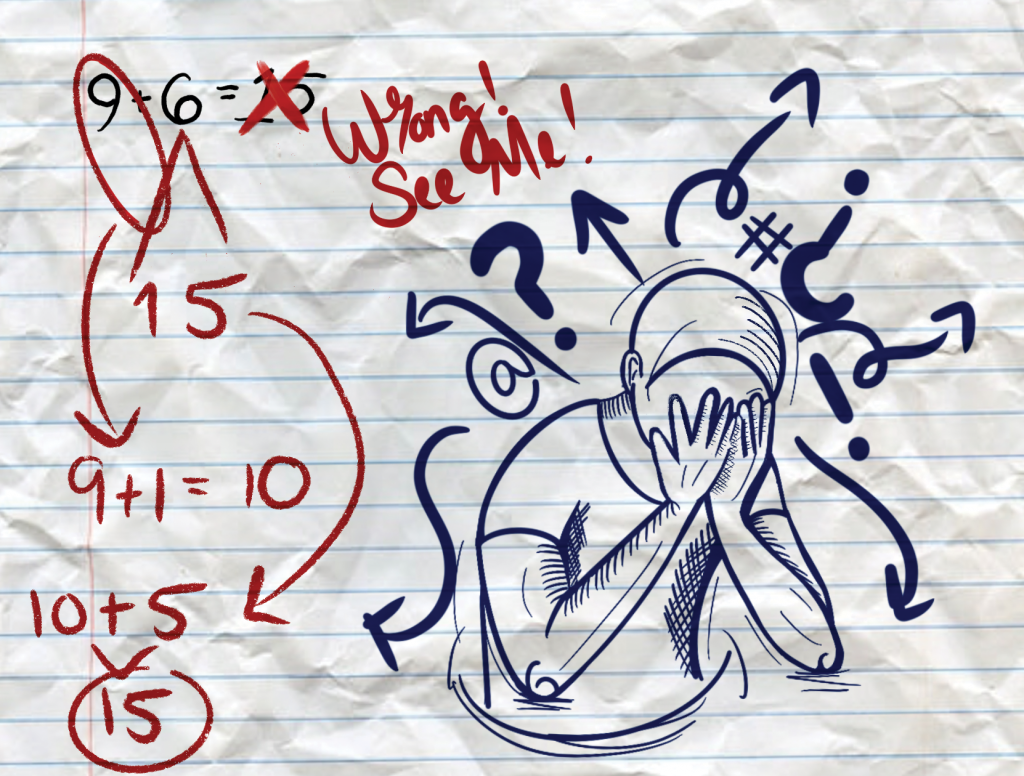
On March 3, 2019, Andrew Foley, development director of Better Days Greece, a non-governmental organization that focuses on providing spaces that promote relief, healing and learning to those displaced during the refugee crisis, spoke at Binghamton University’s TEDx event. Foley discussed the significance of education and how it brings possibility, solace and ease to many young lives.
It goes without saying, then, that education should be provided sufficiently, using proper tools and well-informed resources, in order to fulfill all of those expectations. However, given that the term “sufficiently” is ambiguous and open to various interpretations, it is important to question how it is defined within the educational standards that are responsible for creating the teachers, doctors, lawyers, citizens and dreamers of tomorrow.
Common Core, a state-led effort to develop a series of standardized expectations for public school teaching, was initiated in 2009 to ostensibly bridge the education gap between schools in different cities, resolving inequities in leadership, resources and funding. The idea to provide high standards for all students to receive equal preparation for college was a good one, yet the implementation could not have produced more adverse effects.
Designed by David Coleman, chief executive officer of the College Board, a not-for-profit organization that is best known for designing the SAT and the Advanced Placement exams, the Common Core inappropriately equates standards with standardization. Initiating a “one size fits all” model works as well in education as it does in fashion — that is to say, not at all. Any educator can tell you that students learn in different ways, and homogenizing learning is taking away opportunity from actual understanding. This paves the perfect road for rote memorization ready to be spit back on exams.
Common Core also fails the students by way of failing the teachers. Taking away individual classroom assessment and response, creativity and intuition from the educators and asking them to regurgitate “skill-based” learning instead of content-based learning is mindless and, in fact, harmful to every student within that classroom. The fragmentation of the learning process into neatly organized skill sets encourages an elitist approach to learning. It disregards student distinction and differences in educational background and opportunity, creating a system that burdens families to constantly pay money to take exams that test “learning efficiency,” discriminating against students from low socioeconomic backgrounds and highlighting student tracking.
Of course, no one is arguing that assessment is not critical in defining success within organized classrooms, but it cannot be the sole way to draw results that matter. We also cannot create legislation for education reform based on the opinions of politicians and administrators without consulting the opinions of true professionals in the field: teachers. It is the teachers who know the students of their classroom best; it is their voices who should be heard when creating change in the way education is being taught to young people. It is consequently also the reason why standards for a common education cannot be equated to standardization in the way in which it is taught — that would be blatantly disrespectful to the unique classrooms that exist under every teacher’s mindful eye.
Education is a journey rich with individual experience, passions and fallouts, with failure and with guidance from the teachers who change your life — none of which can be achieved from a system that expects every classroom to be a carbon copy of the one before it.
Hannah Gulko is a junior majoring in human development.



